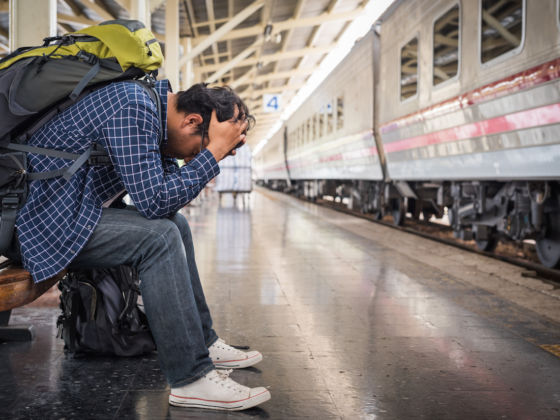Depression is difficult enough to deal with at home — you don’t want it following you on your travels. And while travel may help you cope with depression, it will likely not cure it. So what should you do if you suddenly find yourself feeling depressed while away from home? Here are some tools you can use to manage your depression abroad.
Take the necessary preparations before your trip
It’s worthwhile to factor your depression into your planning. If you are worried about being alone, travel with a trusted friend or a partner. Make a plan to beat any jetlag you might have quick so you can get the amount of sleep you need and not get thrown out of your rhythm. If you find that exercise and activity help your depression at home, consider traveling to places where you’ll be able to get plenty of fresh air and participate in your favorite outdoor activities. If art is a useful coping mechanism for you, book a trip that’s filled with museum opportunities, or even opportunities to create your own art.
